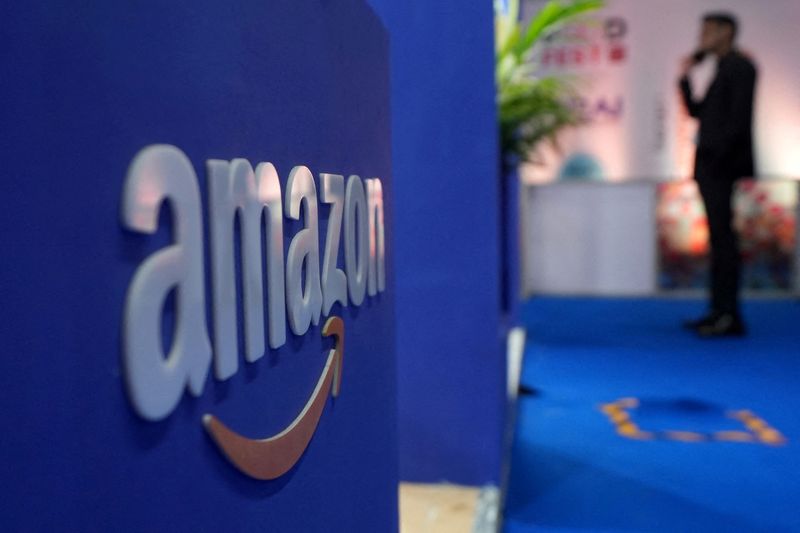Trade Showdown: India's Tariff Tug-of-War Could Unlock E-Commerce Giants' Full Potential

The Trump administration is gearing up to challenge India's ecommerce regulations, seeking to open up the country's massive $125 billion digital marketplace to major American online retailers like Amazon and Walmart. According to a recent Financial Times report, U.S. officials are preparing to press Prime Minister Narendra Modi's government for a more equitable playing field in upcoming trade negotiations.
Insider sources, including industry executives and lobbyists, reveal that the comprehensive trade talks will extend beyond ecommerce, potentially impacting sectors ranging from automotive to agricultural products. The U.S. is strategically positioning itself to break down barriers that currently limit foreign retailers' access to India's rapidly growing digital economy.
This diplomatic push underscores the Trump administration's aggressive approach to international trade, seeking to create more opportunities for American businesses in one of the world's most promising emerging markets. The proposed changes could significantly reshape India's ecommerce landscape, potentially offering unprecedented market access for global online retail giants.
